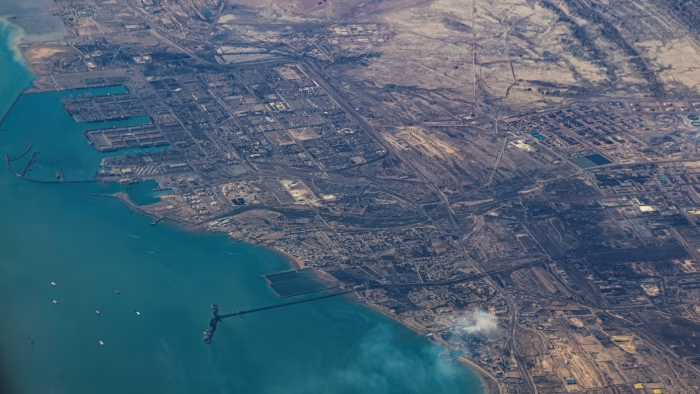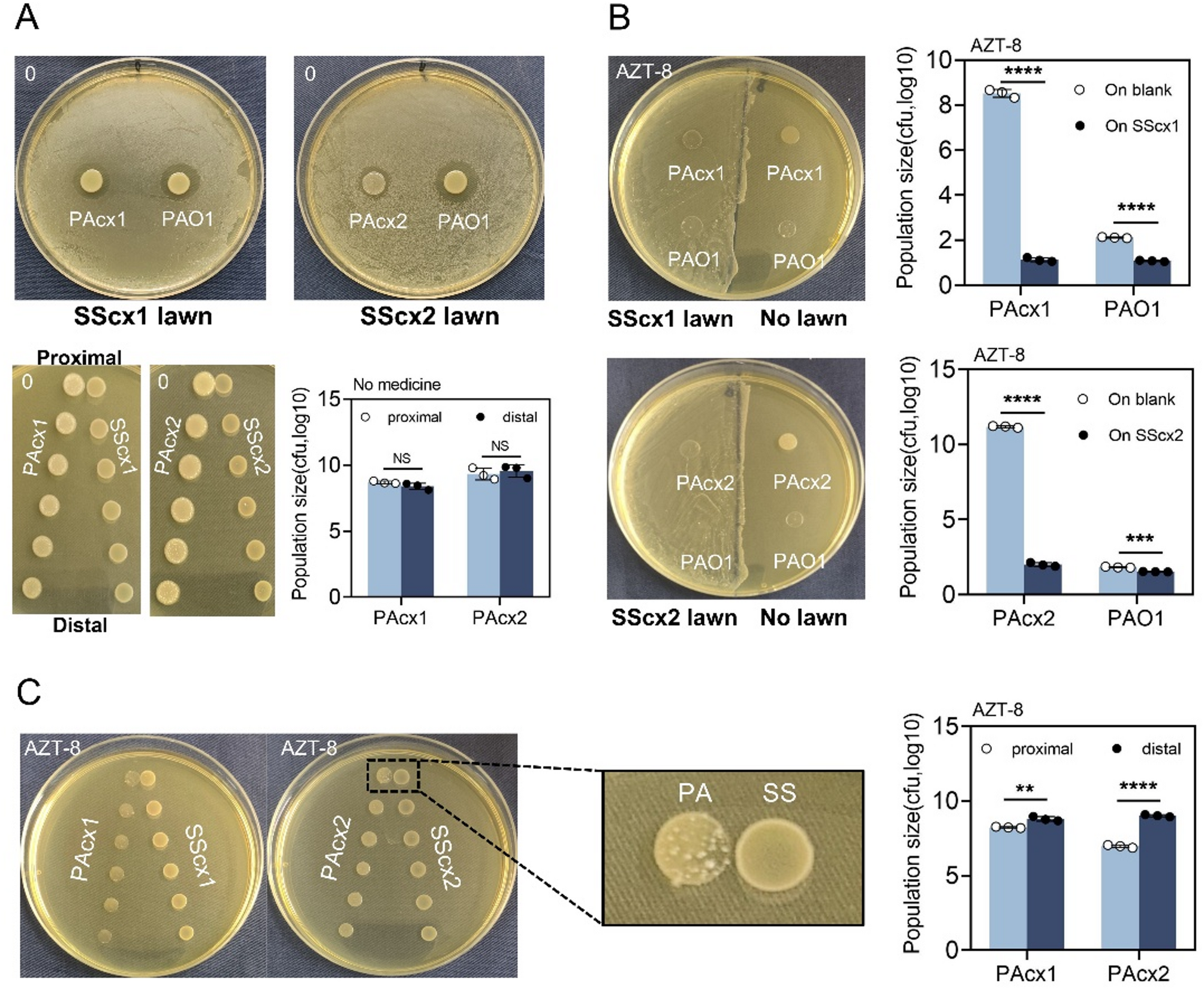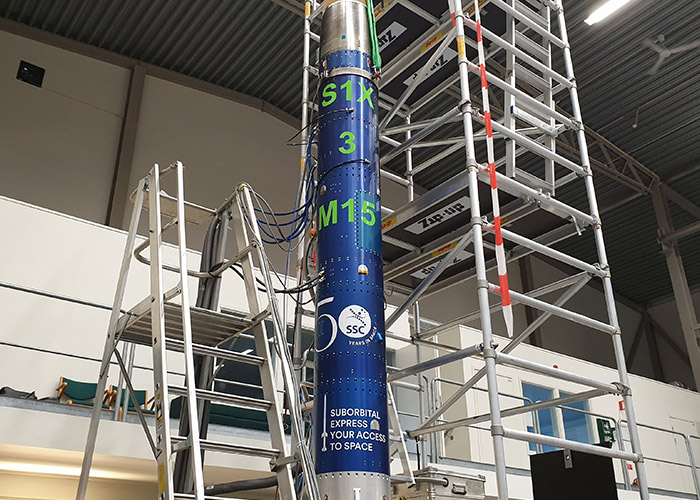Unlock the Editor’s Digest for free
Roula Khalaf, Editor of the FT, selects her favourite stories in this weekly newsletter.
Five years ago, a book about lost Irish words and their intimate connection to the Celtic nation’s physical landscape…

Unlock the Editor’s Digest for free
Roula Khalaf, Editor of the FT, selects her favourite stories in this weekly newsletter.
Five years ago, a book about lost Irish words and their intimate connection to the Celtic nation’s physical landscape…

Stay informed with free updates
Simply sign up to the Oil & Gas industry myFT Digest — delivered directly to your inbox.
An escalating dispute between the United Arab Emirates and Sudan has ensnared the commodities trader Vitol and disrupted supplies to one of the world’s busiest marine fuel hubs.
The UAE has refused to accept any cargoes to and from Sudan’s main port since early August amid deteriorating relations with the country’s military government, which accuses Abu Dhabi of meddling in the brutal Sudanese civil war.
The blockade of Port Sudan has prevented Vitol, the world’s biggest independent oil trader, from shipping the preferred crude to its refinery in the emirate of Fujairah to be made into the low sulphur fuel used to power tankers.
The crude originates in South Sudan, an independent and landlocked country that sends much of its daily output to Port Sudan and on to Vitol’s terminal for processing.
But that arrangement has been upended by the conflict in Sudan that has pitted Abdel Fattah al-Burhan’s military government against the paramilitary Rapid Support Forces.
Sudan has accused the UAE of arming the RSF, led by the warlord Mohamed Hamdan Dagalo, known as Hemedti, and fuelling a two-year civil war that is estimated to have killed more than 150,000 people.
The Sudanese government severed diplomatic ties with Abu Dhabi in May after RSF drones struck Port Sudan, base for the wartime government, an attack that it partly blamed on the wealthy Gulf state.
The UAE energy and infrastructure ministry then issued an August 7 decree that prohibited the handling of any cargoes to or from the Sudanese port, according to notices sent to harbourmasters and shipping clients.
The UAE has strongly denied supporting any of Sudan’s warring parties, and the foreign affairs ministry did not respond to requests for comment on why it imposed the blockade.
However, its action came amid an intensifying war of words with Sudan’s armed forces that have aligned with Islamist militias on the battlefield.
South Sudan produces about 149,000 barrels of crude a day, according to the US Energy Information Administration, although a shutdown of the pipeline to Port Sudan had disrupted the trade even before the blockade.
Much of the crude is taken to Vitol’s Fujairah terminal to be refined into so-called bunker fuel, used to power tankers and other marine vessels.
Facilities in the UAE — close to the Strait of Hormuz, one of the world’s busiest shipping lanes — specialise in this type of marine fuel, with Vitol saying its product powers about 1,800 ships in the region a year.
The Vitol refinery, in which the Fujairah government is a minority owner, mainly uses crude shipped from Port Sudan to produce bunker fuel.
The Geneva- and Rotterdam-headquartered company has been the only regular importer of Port Sudan crude into the UAE for at least a year, according to data from analytics company Kpler.
However, no South Sudanese cargoes have arrived in the UAE since July 30, according to the data, requiring a facility with a daily capacity of about 100,000 barrels to operate without its preferred feedstock.
Other types of crudes can be used to make bunker fuel, although it is more expensive to source cargoes at short notice. The Kpler data showed Vitol was the buyer of about 2mn barrels of the alternative crudes that arrived in the UAE in August.
Vitol declined to comment on activities at its Fujairah refinery, but denied that the absence of South Sudanese crude had forced it to halt refining.
The crude that South Sudan’s government relies on for much of its revenues has been redirected to other destinations, according to the Kpler data, notably Malaysia, where Vitol has an alternative bunker fuel refinery.
While no crude from Sudan was offloaded in the UAE in August, just over 100,000 barrels from the country instead arrived in Malaysia. This was a big increase in the monthly average of 27,000 barrels over the past five years.
Additional reporting by Tom Wilson and William Wallis in London, cartography by Steven Bernard

Studio Ghibli co-founder Isao Takahata seems an unlikely embodiment of kodawari, the pursuit of perfection. Eulogising the anime writer and director, who died in 2018 aged 82, his friend and Ghibli colleague Hayao Miyazaki noted that he was not a…

Scientists from China and Spain have discovered that adding salt to ice can enable it to generate electricity, opening up the possibility of harnessing clean power in cold environments – with a twist.
The team found that when salt-doped ice was…


The interaction between P. aeruginosa and S. salivarius was first revealed on BHI agar plates. Regardless of whether examining PAcx1, PAcx2, or the model strain PAO1, all…

A world-first study has proven microbes essential for human health can survive the extreme forces of space launch.
Space agencies are planning to send crews to Mars within decades but sustaining life on the red planet would be more difficult if…